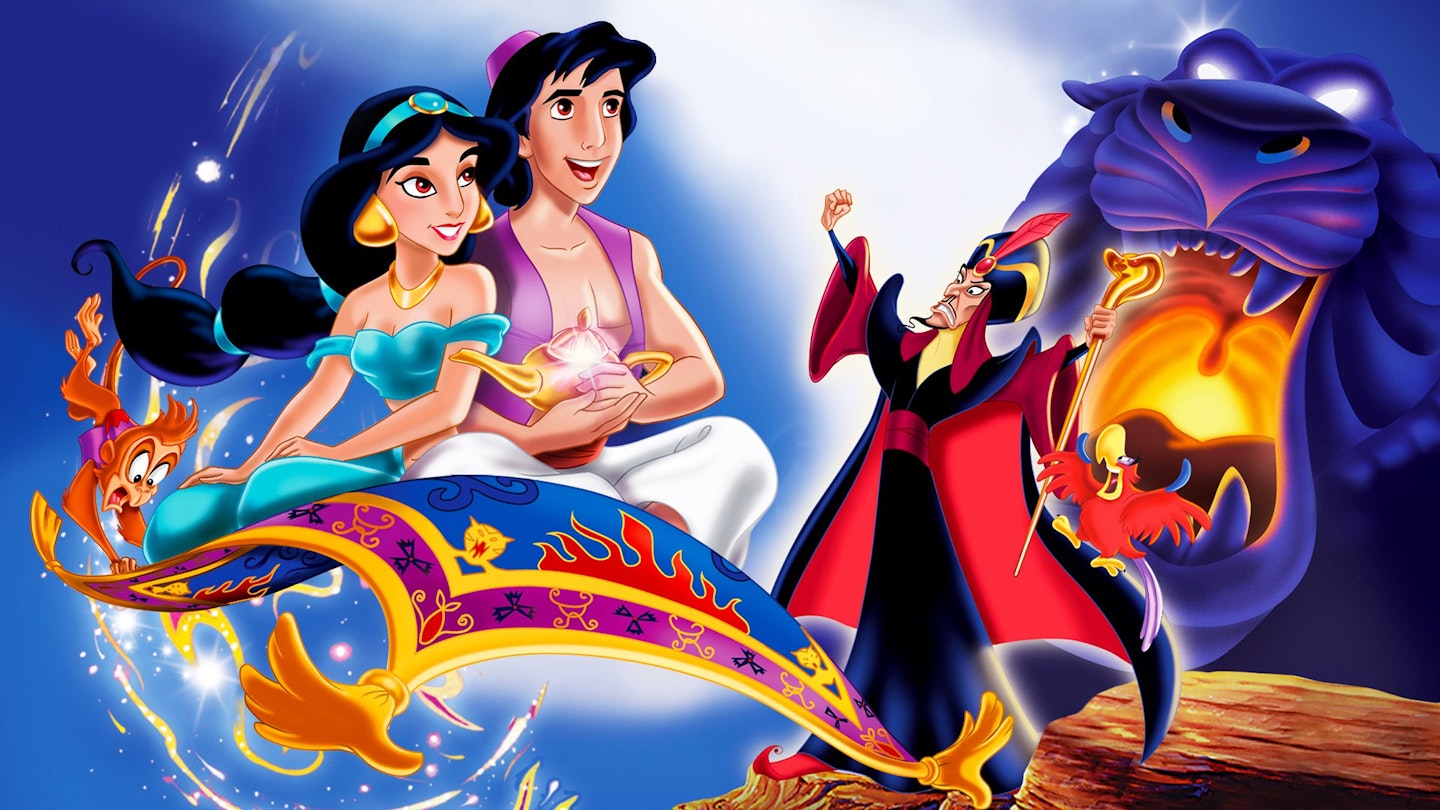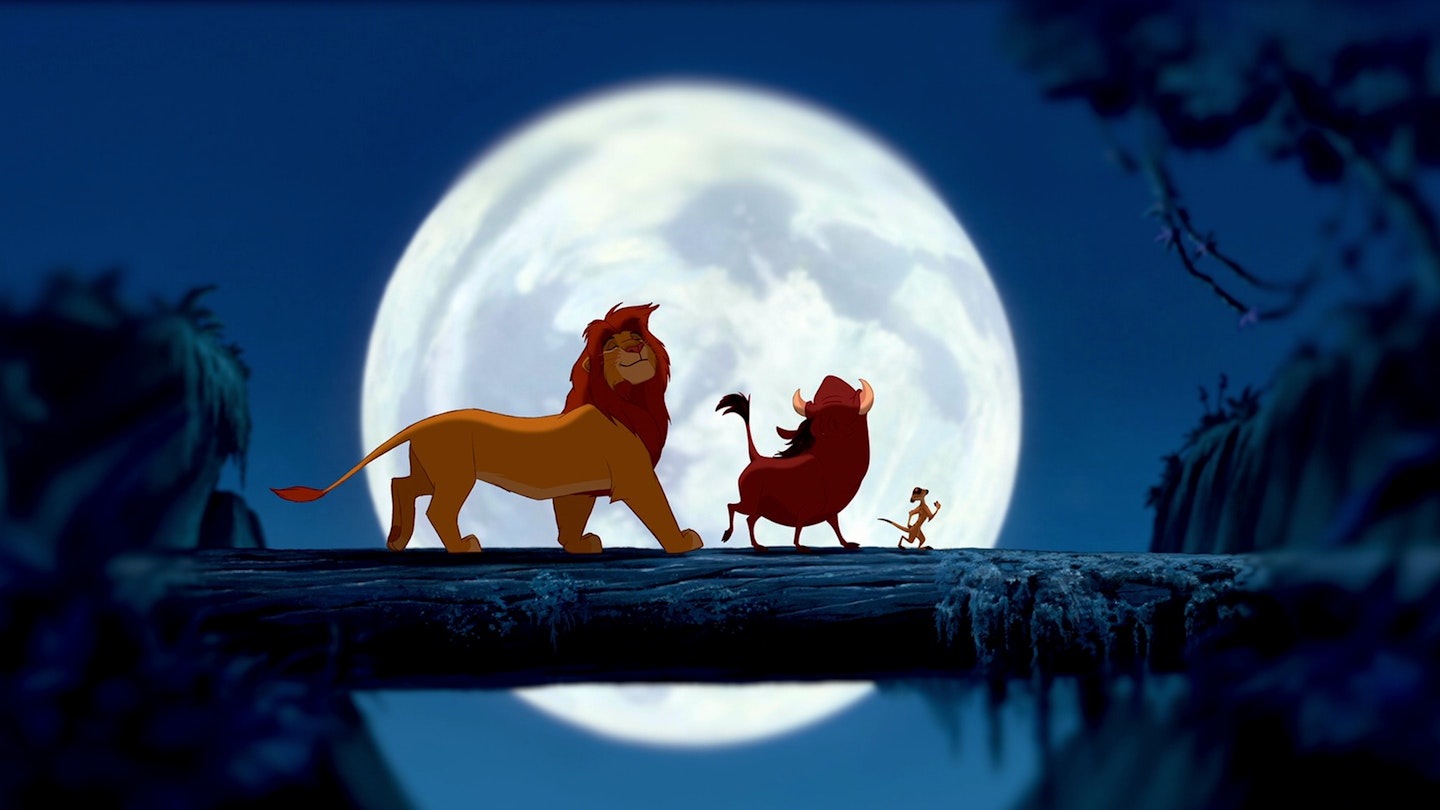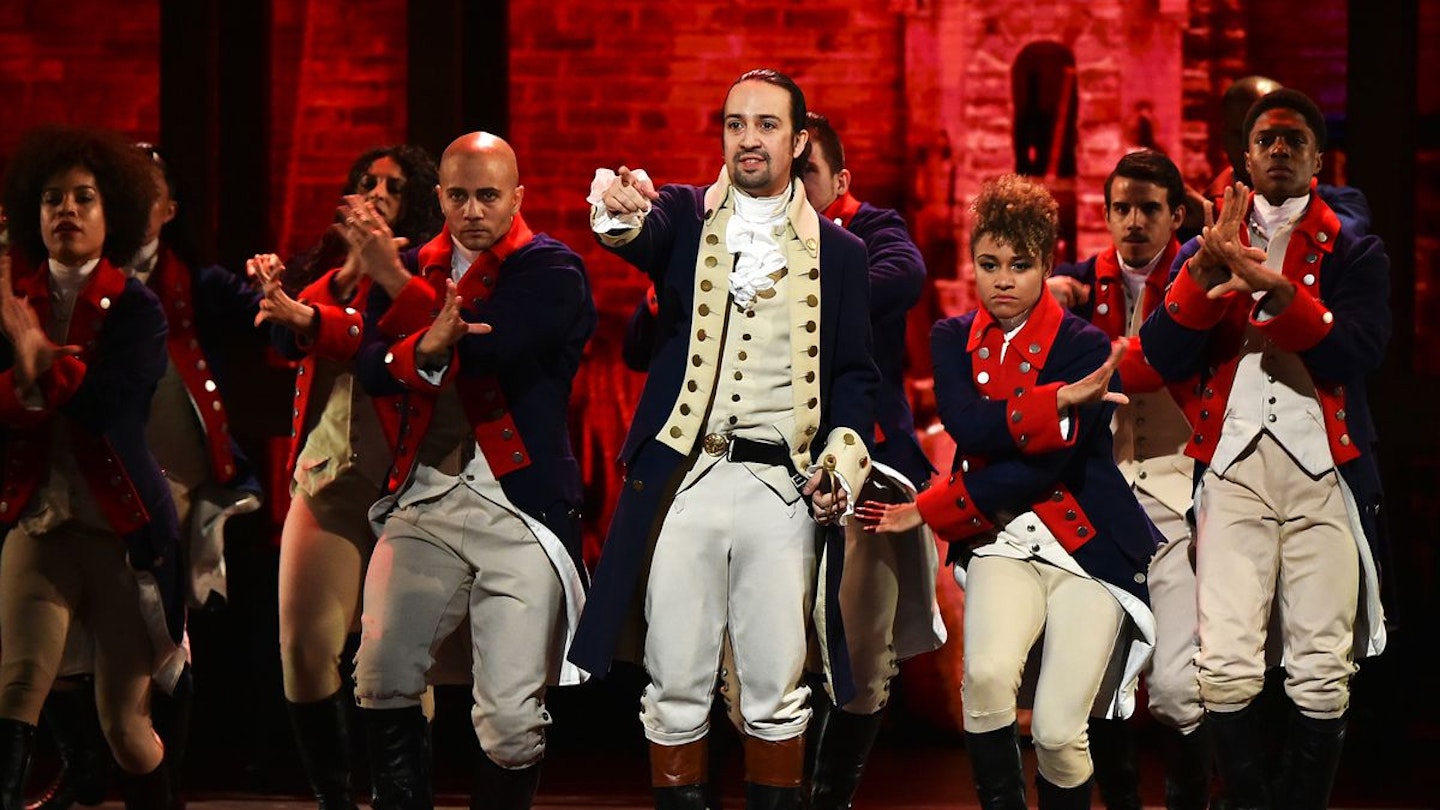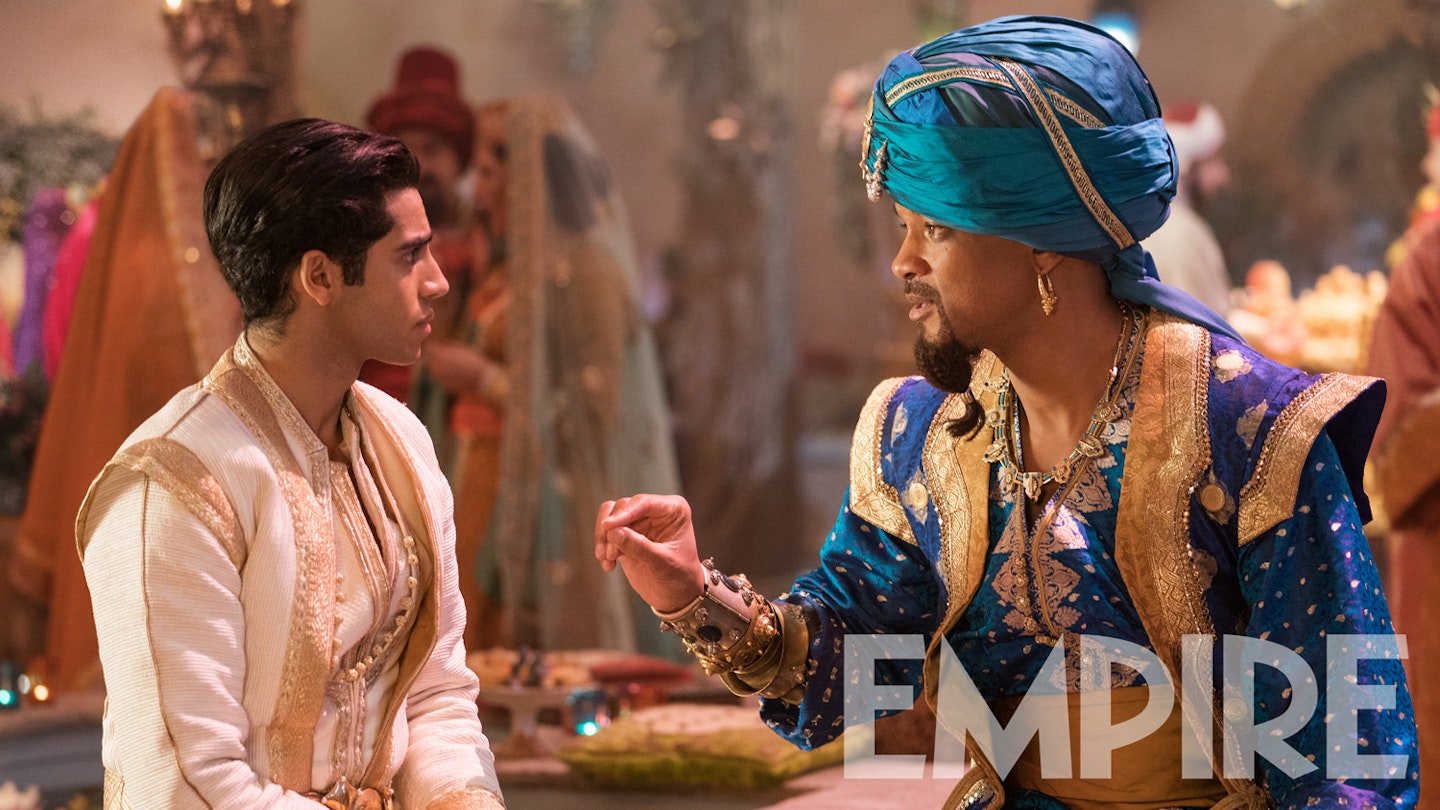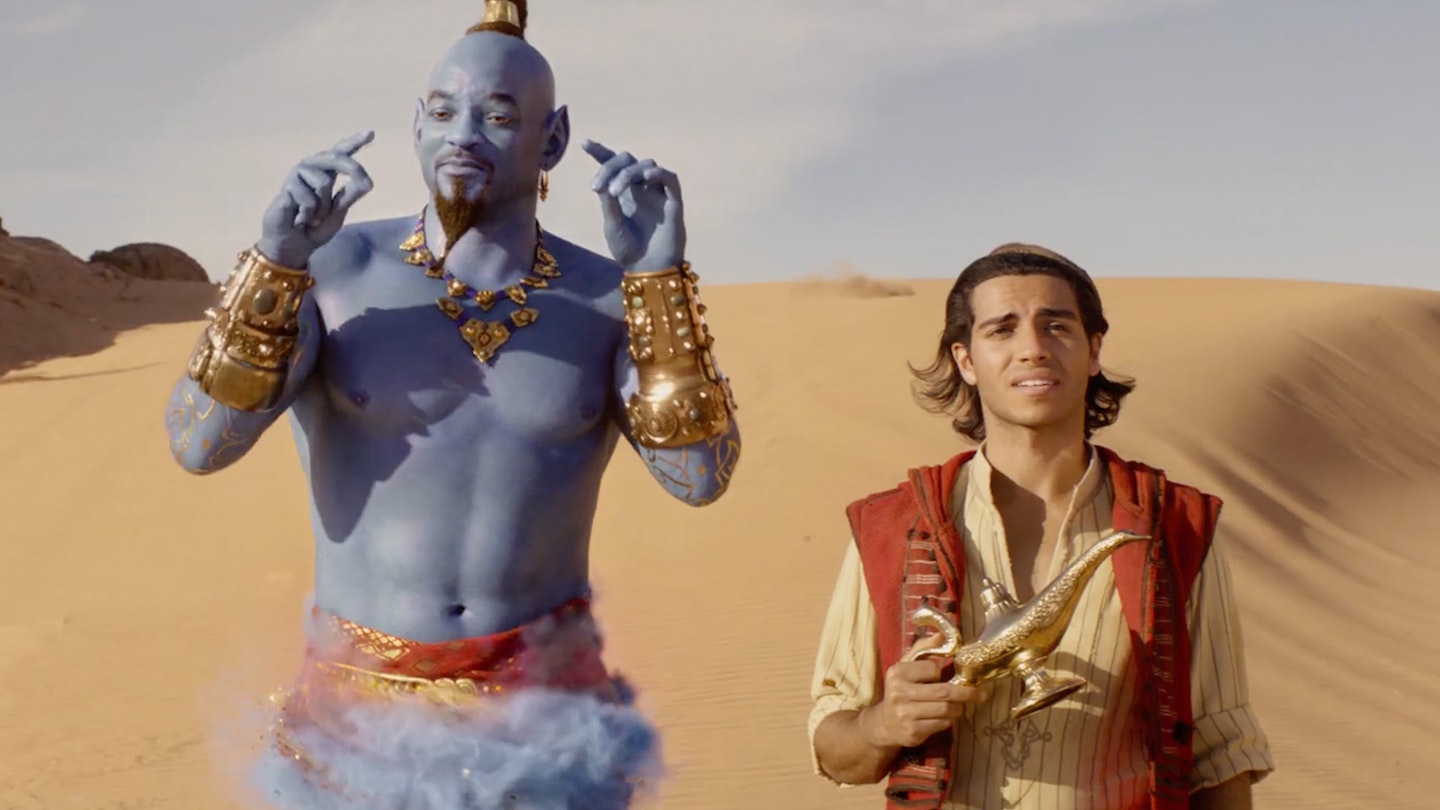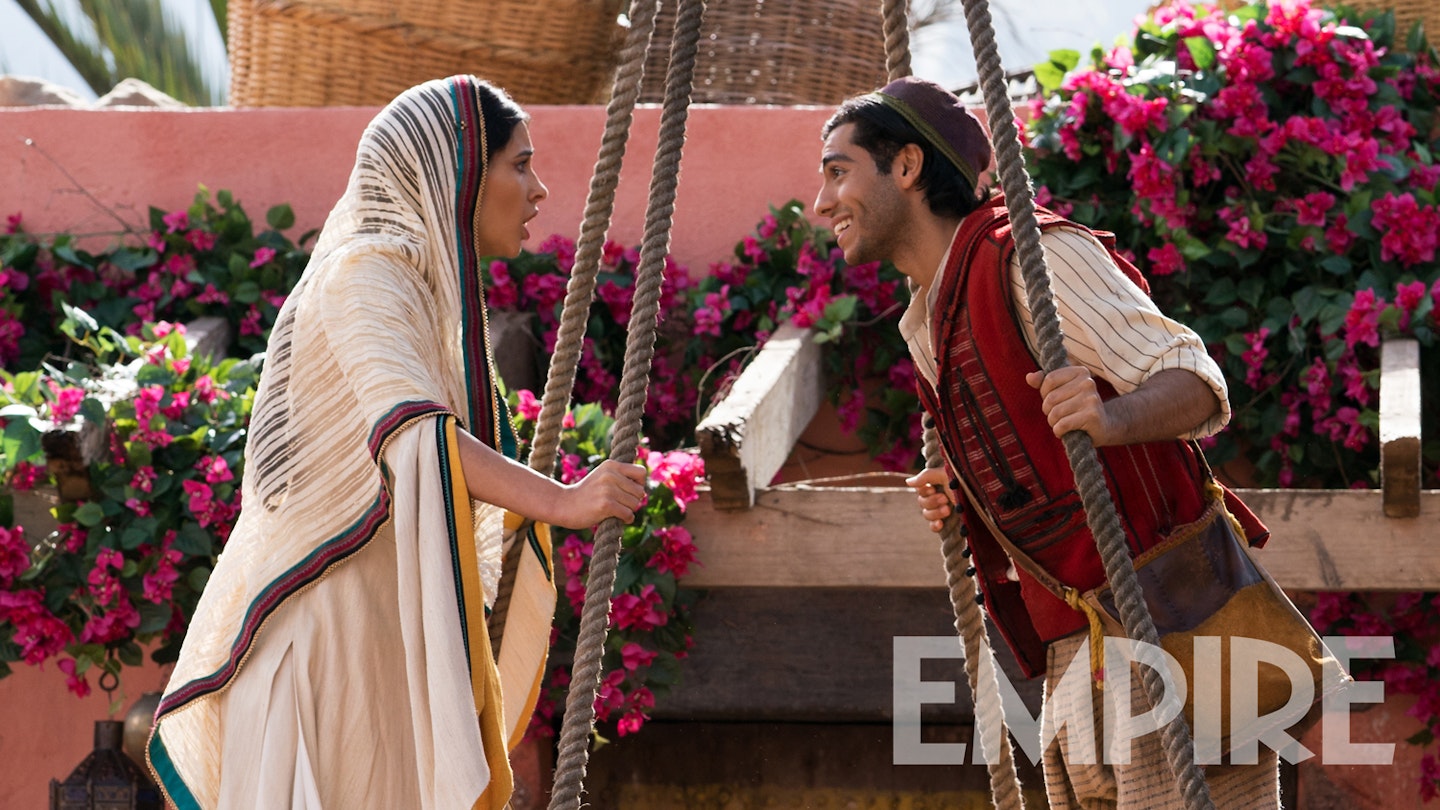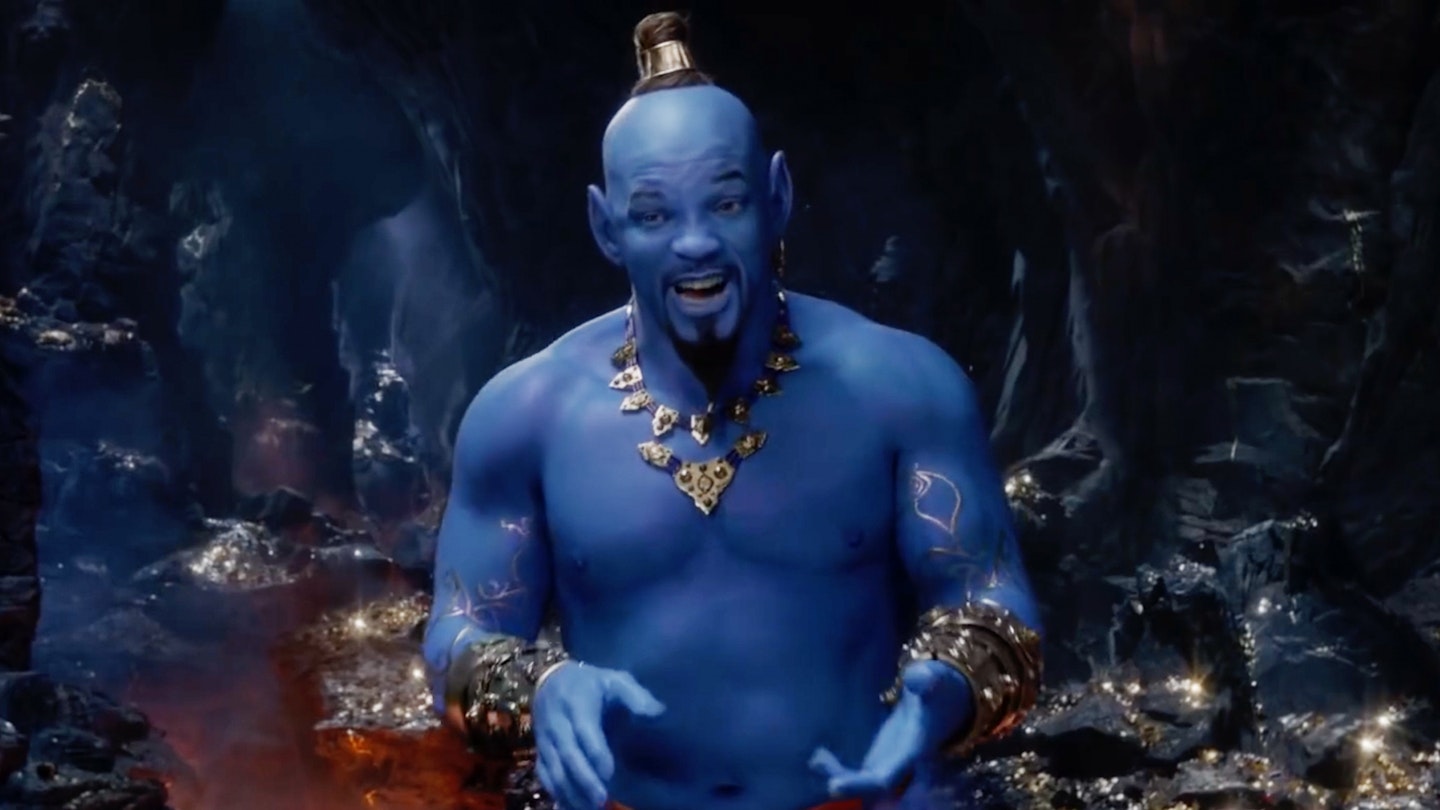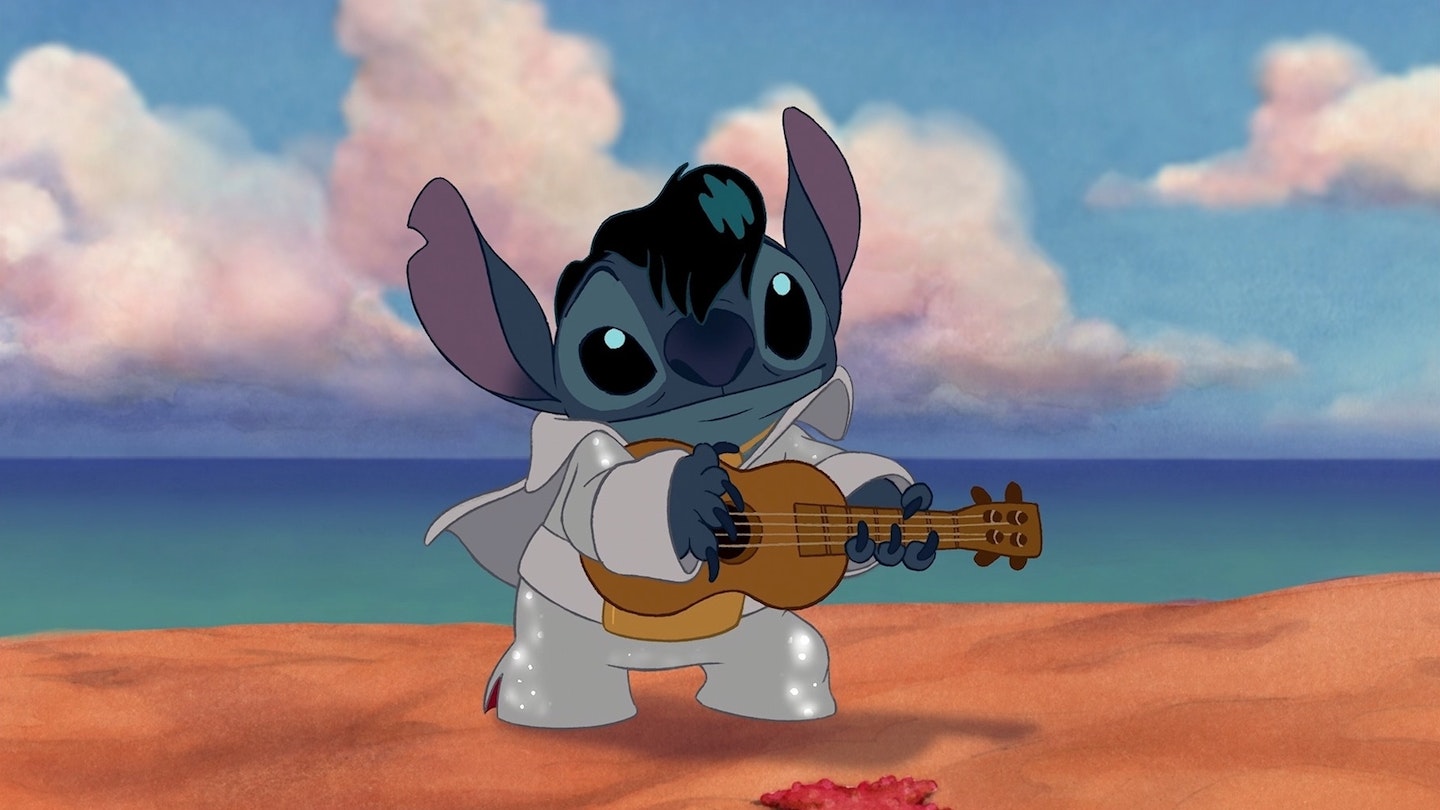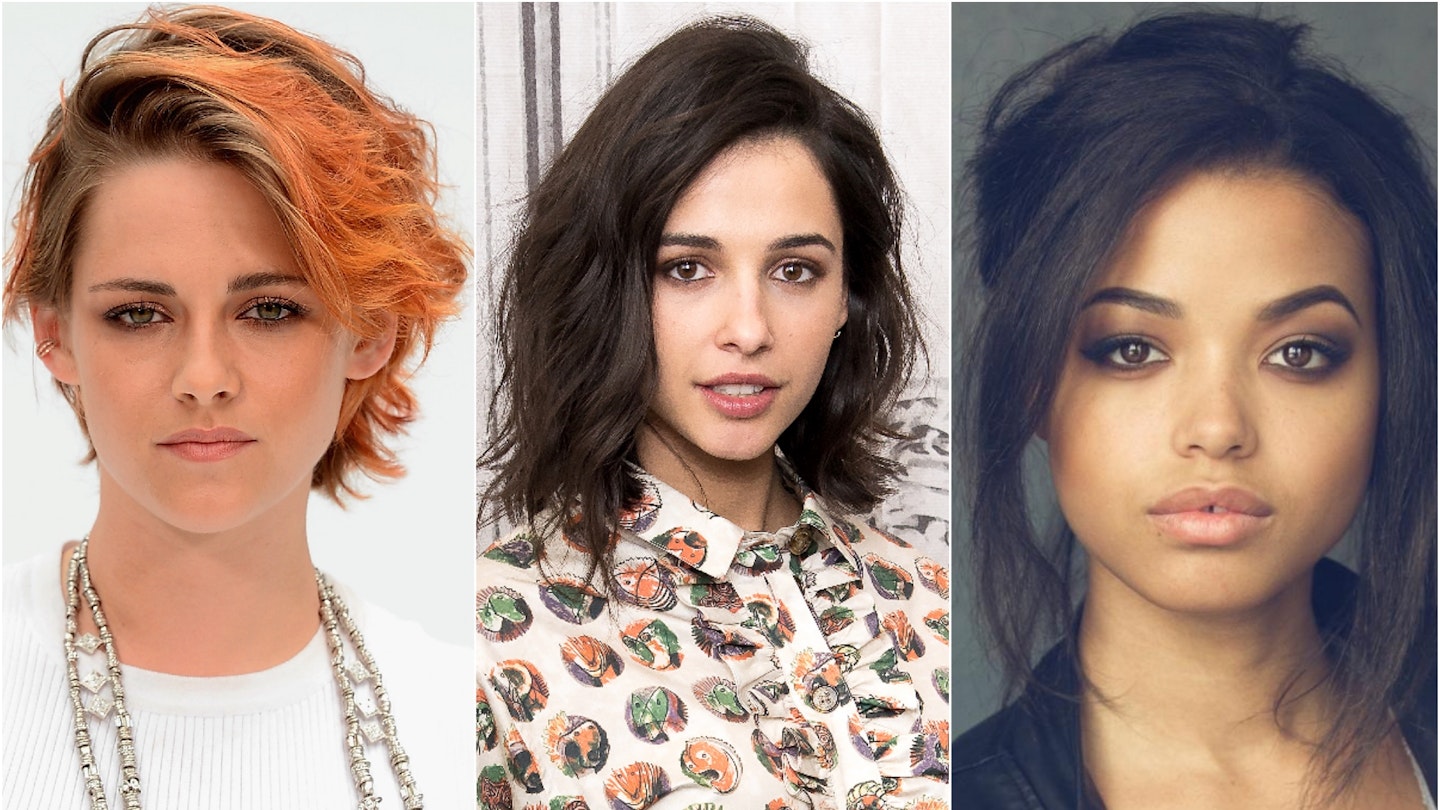At the beginning of the '90s, Disney's animation division was fully enjoying its time at the top, contentedly tanning itself in the glow of a new golden age. The Little Mermaid had dragged it back from the tedium of The Black Cauldron and Oliver & Company, while Beauty And The Beast had heralded Disney's most adoring reviews since a pasty princess shacked up with seven midgets - not to mention the only ever Best Picture Academy Award nomination for an animated film, a feat which will likely never be repeated due to the new Best Animated Film category.
Yes, the Mouse House was justifiably brimming with confidence. So something was bound to go wrong. Right? Enter Ron Clements and John Musker - the animation directors responsible for starting the Disney revolution with The Little Mermaid - who came in and screwed up Aladdin with astonishing panache. Suggested as a project by composers Alan Menken and Howard Ashman, the directors' take on the story about a street boy who finds a magic lamp was an undeniable mess. The title character's pubescent naivety sat uncomfortably with the determined sensuality of the princess, his exasperated mother sapped the film's energy and the villain was upstaged by his parrot. It was as clumsy and aimless as all the '80s trash the studio had been trying to sweep under the carpet...
Fortunately, Disney animation head Jeffrey Katzenberg was no longer prepared to accept such shoddy workmanship, and that particular version never limped past storyboard stage. Katzenberg had been brought to Disney in 1984 and told by Michael Eisner as they passed an unprepossessing building: "That's the animation department. It's your headache now." After the analgesia of recent success, he wasn't going to let it start thumping again. On what came to be known among the Aladdin animators as Black Friday, Katzenberg told the team to scrap virtually everything they'd been working on for months and start again. And to further add to their Arabian nightmare, he refused to move the movie's release date. Musker and Clements were faced with blank storyboards and the imminent arrival of the animation A-team from Beauty And The Beast, who'd have nothing to do but sharpen their pencils.
With the only other possible option to shut the production down, the directors bit the bullet and with the help of their crack team completely reinvented the feature in eight days. Writers Terry Rossio and Ted Elliott (who would go on to pen Shrek and Pirates Of The Caribbean) were brought in to work on the script and iron out the many plot flaws. Aladdin was aged a few years, in line with Katzenbergís request to make him "more Tom Cruise, less Michael J. Fox", his mother was bumped off and the assembled team were sharply reminded to "bring the funny".
One element, however, remained constant: Robin Williams. Celebrity voices were nothing new to animation - Phil Harris and George Sanders were stars of their day when they voiced The Jungle Book - but the trend had died off as the material declined in quality. The directors had the former stand-up in mind as the only person who could inhabit the Genie from the early stages of development, and lured Williams in by presenting a test animation of the Al Hirschfield-inspired blue spirit lip-synching part of his "Reality - What A Concept" album. Through tears of laughter, the actor happily signed up for what would become animation's single greatest vocal performance. Williams' inability to stick to a script carried his scenes off on tangents of vaudevillian bizarreness that inspired supervising animator Eric Goldberg and upturned the Disney ethos of some 55 years.
Up until Williams let rip with a dizzying repertoire of pop-culture gags and celebrity impressions, Disney's fairy tales had refused to acknowledge a world outside the land surveyed by Sleeping Beauty's castle. Each took place in a parallel universe where men wore tights, women had eyes that made Bambi look beady and animals chatted away like furry little housewives. That was all well and good for selling dreams and duvet covers to little girls, but in a film industry where superheroes were becoming the big draws and computer effects were starting to provide animated dazzle in live-action films, Disney needed to bring itself up to date to secure a larger audience - which, crucially, would include more boys.
Of course, Musker and Clements didn't want to alienate their core female audience, and they were very clever in hiding from males the fact that this was the greatest musical that Disney had yet made.
In the past, the song-and-dance numbers that were the studio's touchstone had often become small productions in their own right, not necessarily serving the story. Even Beauty And The Beast, certainly a more ambitious and technically superior film, put the plot on hold for showstoppers like Gaston and Be Our Guest - wonderful, witty creations both, but not key to the plot.
Aladdin, however, uses every song - bar the Genie's Friend Like Me - to move the plot along. They serve as bridges between scenes and locations: the thunderous Prince Ali marching Aladdin from his isolated street life to the opulent bombast of the palace, or the soaring A Whole New World carrying the romantic leads away from their troubled lives to a place alone above the clouds. The numbers don't just dance, they run.
Boys, however, didn't come for the hummable tunes. Some perhaps came for the slightly unsettling sexuality of Princess Jasmine, a royal dressed like a theme hooker, but primarily they came for the action - best exemplified by the knuckle-bleaching cave escape scene - and for a comedy of unpredictable wit. It had De Niro, Nicholson and Rodney Dangerfield impressions thrown in with confident casualness and maintained a tone that poked fun at itself, referencing past Disney films (and even a couple of future projects, with nods to Mulan and Hercules during A Whole New World).
Yes, Aladdin was the big-screen family animation that boys introduced to the world of "mature" cartooning by The Simpsons would happily admit to liking, and that adults could go and see without feeling the need to have a five-year-old in tow.
It's not going too far to say that Aladdin is the progenitor of the current big-screen 'toon boom, being enjoyed everywhere but Disney's traditional animation department, which took a downturn thanks to a neglect of story rather than any failings in the medium. Pixar's sparkling output may not have come along as soon had Aladdin not primed an adult audience to look at animation as a genre as exciting as any other, and shown that Simpsonian sophistication could work when stretched to feature length. If you need to test its influence, just try to think of five live-action films of the last ten years as consistently funny as the Toy Story or Shrek movies. Post Aladdin, animation has become the breeding ground for great comedy writing talent and lays claim to the highest hit-rate of any genre. It's just a shame more of the magic didn't rub off on Disney.
